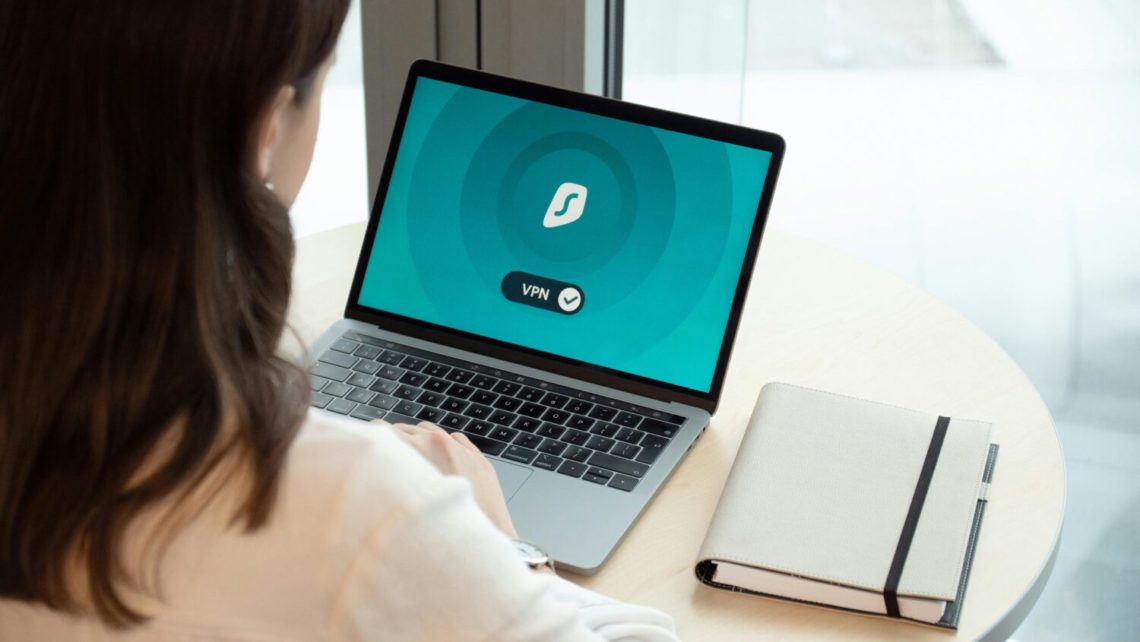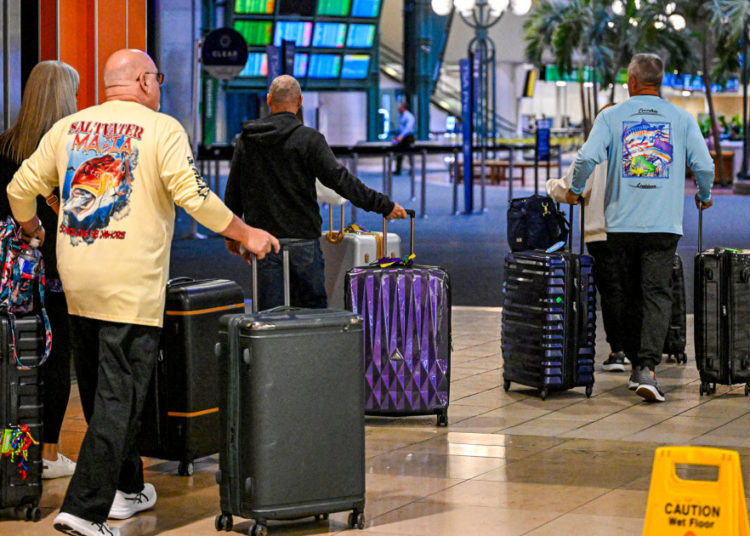Q: What exactly is a VPN, and why would the average person want one?
A: The term “VPN” — short for Virtual Private Network — gets tossed around a lot, especially by streaming enthusiasts, privacy advocates, and remote workers. But despite its techy name, a VPN is a simple and powerful tool that can make your online life safer, more flexible, and sometimes even save you money when shopping.
Using one is like virtually ‘locking the doors’ before you hit the digital highway.
What a VPN Actually Does
Think of a VPN as a secure tunnel between your device and the internet. When you’re connected, your data travels through that protected tunnel — encrypted and unreadable to anyone who might be snooping on the same network. That includes hackers lurking on public Wi-Fi, your internet service provider, or even an overreaching advertiser trying to build a profile on you.
Your device connects first to a VPN server (which could be anywhere in the country or the world), and that server then connects to the website or service on your behalf. To anyone watching, it looks like your connection is coming from the VPN server, not your home or phone.
Everyday Uses for Non-Techies
You don’t have to be a tech expert to benefit from using a VPN. Here are a few of the most common ways people use them:
- Public Wi-Fi protection: If you check email or bank accounts from coffee shops, hotels, or airports, a VPN prevents others on the same network from intercepting your data.
- Privacy at home: Even your home internet provider can see the sites you visit and sell that data for marketing. A VPN masks that activity.
- Accessing overseas content: When a website in another country restricts access based on your location, a VPN can make you look like a local user.
- Safer online shopping: When using unfamiliar or foreign websites, a VPN adds a layer of protection against fake storefronts or compromised sites.
- Avoiding price manipulation: Airlines, hotels, and even rental car sites sometimes show different prices based on location. Connecting through a different region can occasionally reveal better deals.
What to Look for When Choosing One
Not all VPNs are created equal, and choosing the wrong one can do more harm than good. Here’s what matters most:
- No-logs policy: The whole point is privacy. Choose a provider that clearly states it doesn’t log or store your browsing history.
- Reputation and transparency: Stick with established companies that publish independent audits or have been reviewed by reputable security researchers.
- Server locations: More servers in more countries give you more flexibility for streaming and travel use.
- Speed: Some VPNs slow your connection. Look for providers that offer high-speed servers and allow you to test before committing.
- Ease of use: Good VPNs have simple apps for phones, tablets, and computers — one click to connect, no setup headaches.
- Simultaneous connections: If you plan to protect multiple devices, make sure your plan allows it.
Avoid “free” VPNs unless you know exactly who’s behind them. Some earn money by tracking your activity — the very thing a VPN is supposed to prevent. This is one of those tools that’s worth paying for.
The post What is a VPN and what do you need to know to choose one? appeared first on KTAR.




